In one of the most dramatic days in the history of Wall Street, September 15, 2008, Bank of America accepted to buy Merrill Lynch for 50 billion US dollars, in order to avoid a deeper financial crisis, and Lehman Brothers made public its bankruptcy.
“I’ve been in the business 35 years, and these are the most extraordinary events I’ve ever seen,” said Peter G. Peterson, co-founder of the private equity firm the Blackstone Group. What were the lessons to learn from the past two months for the top investment managers in Romania?
“Honestly, I didn’t realize at that time, it took me a few days to acknowledge the magnitude of the problem. I have the same feeling as in two moments in the recent history of Romania: ‘91-‘92 when the foreign currency was confiscated and ‘98-‘99 when the country was on the brink of freezing payments. From this standpoint, I may have experiences that other people didn’t live so far, and this gives me a certain detachment to the panic sentiment that swept off the economic environment,” said Doru Lionachescu, primary partner at Capital Partners.
The investment banker has an interesting viewpoint in this matter, stating that this situation is in fact a failure of the regulation policies, and not of the markets, given the fact that the major problems have not emerged, as it was thought initially, in the non-regulated areas – investment banks, hedge funds, but in the strongly regulated segments – commercial banks, insurances, mutual funds.”
“Here I see the only major lesson – risky business must be made by players much more capitalized than it was thought so far. I am afraid we will face a swinging of the regulation appetite at the opposite extreme: policy makers will be tempted to regulate anything that moves, and this will put the brakes of initiative, financial innovation and of the perspective of economic growth”, said Lionachescu.
In his opinion, the states that will withstand the overregulation will be those taking a lap ahead of other countries in the following years.
In terms of investment and risks, Doru Lionachescu sees the same lesson as before: in order to take risks, you need higher venture capitals than we thought so far, as the risk matrix are other than the classic ones – in a globalized world, players must be prepared not for small, discrete and isolated risks, but for a low number of systemic, global and generalized risks.
“Intuitively, this new architecture of investment risk will dive small players and will consolidate the large ones. The survivors will be the financial juggernauts, take a look at what banking behemoths are emerging in America and Asia”, said one of Capital Partners founders.
According to Doru Lionachescu, Europe will have to make some painful decisions to force the financial consolidation in the eurozone. Thus, in post-crisis period, European players will fail in finding their place alongside American and Asian giants that emerge today through the governments’ direct and explicit stimulus.
What lessons are to learn from the subprime credit crisis in USA, considering that there are still major downshifts between Romania and Western states that our country as emerging economy is trying to adjust? This old lesson that neither we nor other country will ever learn - you can’t consumer more than you produce for ever”, Doru Lionachescu concluded.
On the other hand, Doru Lionachescu added, man’s strong desire to higher living standards and to higher-than-rational consumption will push us towards correction periods, like the one we are experiencing today.
When it comes to crisis, the worst thing it comes to his mind is the banks’ failure to supply enough credit which is the biggest peril, and must be avoided in Romania at any cost.
“In Romania, the effects are barely coming to shape, and unfortunately, or fortunately, we will not be a subject of the crisis, but rather an object of it, because our financial sector is remotely controlled by the headquarters of the parent companies”, said Lionachescu.
In other words, if and when Europe and America recover, we recover, if not, regardless to any performance we may render, we will be the dragged along by the international events.
“How much it will last, nobody can know – either way it can not be weeks or months. We shall talk in spring, at least I hope we will have a trend then, to understand the direction towards things are heading”, said the investment banker.
In his opinion, the duration depends very much on the maturity and the calm of the banks – if they will withdraw from the economy, its gloomy status will be lengthened. If they will understand that they have to stay close to their clients and not to abandon them, we will all overcome these moments much faster.
Translated by Camelia Oancea
Citeste si:
Calculator Salariu: Află câți bani primești în mână în funcție de salariul brut »
Te-ar putea interesa și:

































































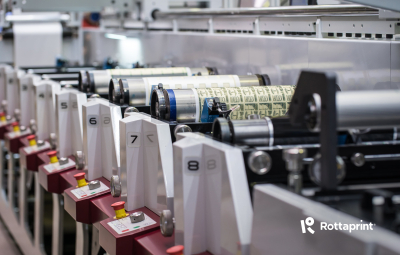

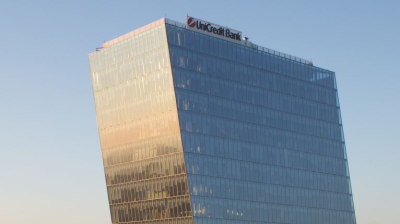




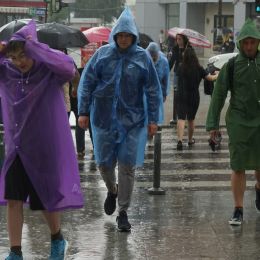
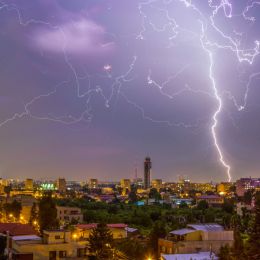








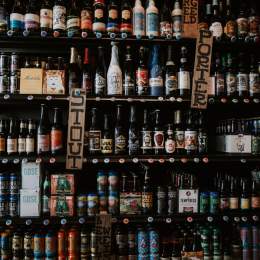
![HR [PLAY] Tech Workout - 11...](https://www.wall-street.ro/image_thumbs/thumbs/973/973fe0a3888d417feff63de42e814180-260x260-00-65.jpg?v=1713272578)









